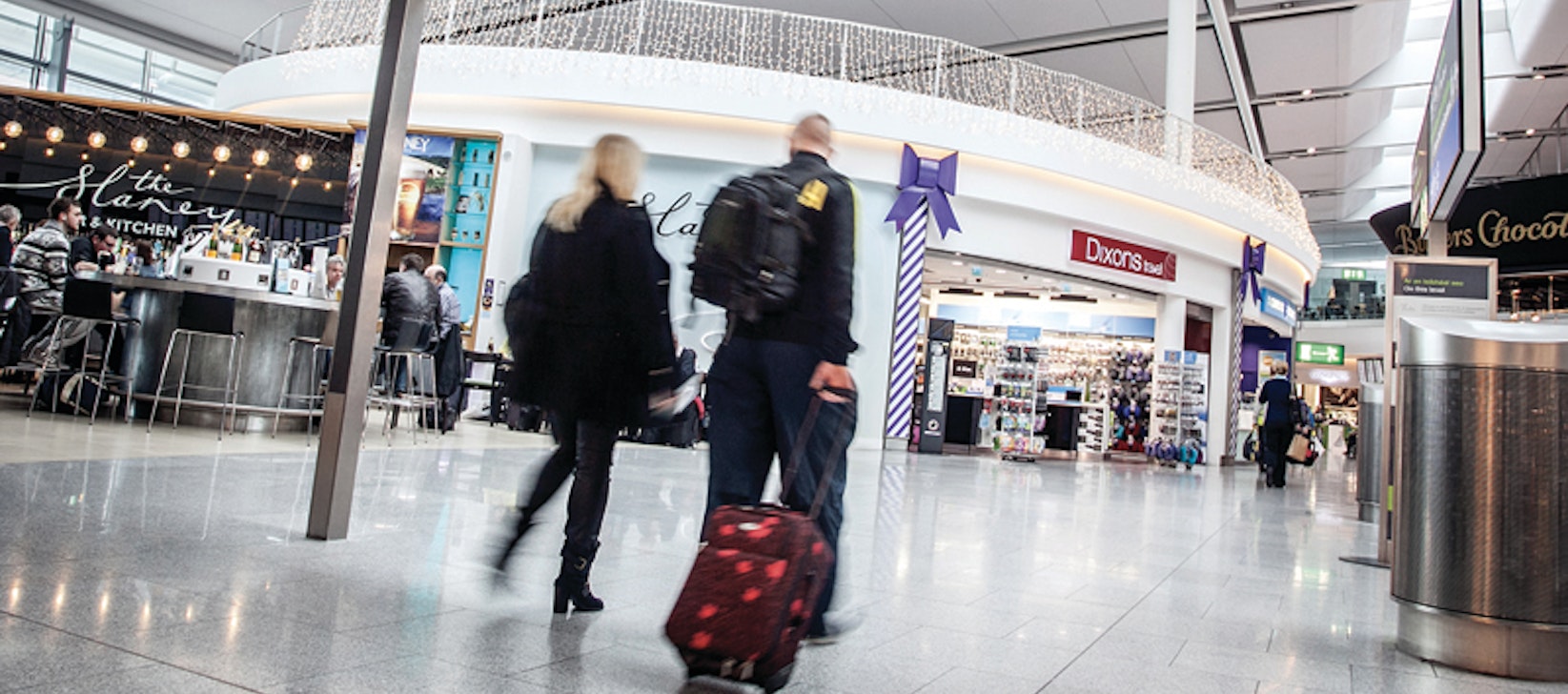Air passenger traffic is a vital barometer of the health of the Irish economy and is also a precursor to further economic growth, as it generates economic spin offs at a regional and national level. In the first six months of 2015, passenger numbers at Dublin Airport have increased by 15%, with strong growth evident across all market segments.
While the economic importance of airports in supporting international trade and connectivity is well recognised, a new study by InterVISTAS (available at www.dublinairport.com/gns/about-us/), has now quantified the depth of Dublin Airport’s huge economic impact across the State. The study highlights how Dublin Airport is a vital element of Ireland’s national infrastructure, supporting or facilitating a total of 97,400 jobs across the Irish economy and contributing a total of €6.9 billion to the country’s Gross Domestic Product (GDP). As one of the largest economic entities in the State, Dublin Airport is worth 4% of the national economy. The study notes that:
“Without Dublin Airport, and particularly without the extensive connectivity at the airport, the Irish economy would not be as large, affluent or diverse as it is today”.
The number of jobs supported by Dublin Airport includes direct jobs onsite at the airport and at airport related businesses and is estimated to be in the region of 15,700 jobs and worth €1.3 billion to the economy. Airlines are the largest providers of employment at Dublin Airport and are responsible for 5,290 jobs, followed by the Dublin Airport Authority, the airport operator, with 2,350 jobs while ground handling and other support services provide a further 2,080 jobs.
A further 9,600 jobs, worth €700 million to the Irish economy are supported indirectly in businesses supplying to and supporting the airport. Spending by employees in these business on goods and services supports a further 12,000 jobs, worth €800 million, in the wider economy. The connectivity provided by Dublin Airport also has a catalytic impact on the economy, supporting a further 60,100 jobs, worth €4.2 billion, in helping to attract tourists, facilitating trade and investment and contributing to the growth of both the regional and national economies.
Dublin’s connectivity to Ireland’s “established markets” of Britain and the United States is unrivalled by other European airports and is complimented by an extensive European route network, and growing links to the Middle East and Africa. The report notes that there was a clear linkage between the connectivity provided by Dublin Airport and growth in tourism, trade and FDI, with the value of Irish goods exports to countries with frequent connections – i.e. five times per week on a year-round basis – five to six times more than to countries that were poorly connected to Dublin.
With the potential to double its economic impact over the next three decades, the importance of Dublin Airport to the local and national economy is clearly evident. InterVISTAS estimate that by 2043, Dublin Airport could support 194,000 jobs worth €14.4 billion in GDP, although this depends on the delivery of a second runway at the airport and a number of other long term projects.






